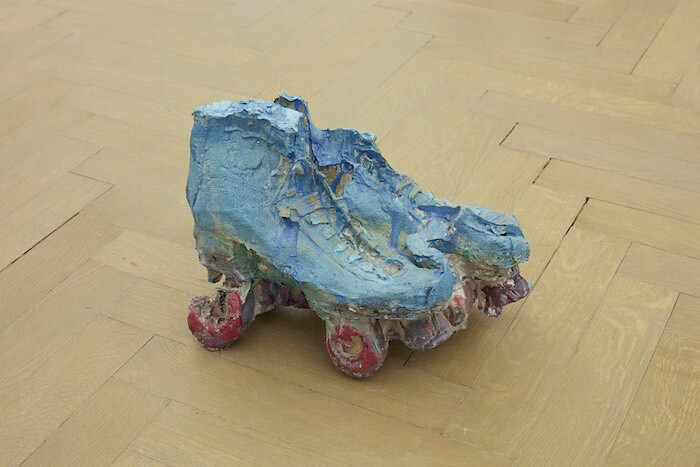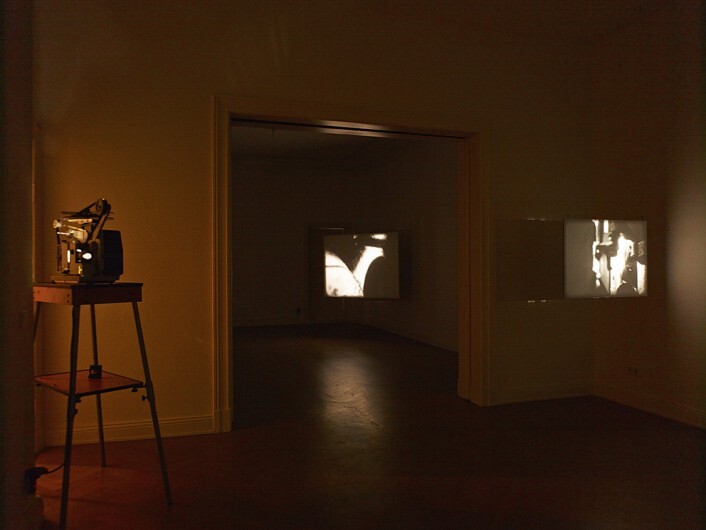Categories
Subjects
Authors
Artists
Venues
Locations
Calendar
Filter
Done
January 25, 2017 – Review
Musa paradisiaca’s "Masters of Velocity"
Ana Teixeira Pinto

When writing the now-famous entry for the word informe (formless) in the surrealist journal Documents, Georges Bataille started by saying that “a dictionary begins when it no longer gives the meanings of words, but their tasks.” “Formless” is a word tasked with declassifying (déclasser), which in French also connotes degrading or debasing. Whatever gets called formless “has no rights of whatever kind and can get squashed at any moment, like a spider or an earthworm.”
Though Bataille had philosophical forms in mind—philosophy’s sole goal, he continued, is to dress in a formal frock coat everything that is—obsession with formal discipline extends beyond the philosophical register, to fields as diverse as visual art or biology. So much so that even formlessness has become a formal category. Amazon.com, for instance, presents Formless: A User’s Guide (1997) by Yve-Alain Bois and Rosalind Krauss—in which Bataille’s dictionary entry appears as an epigraph—as a “rich and compelling panorama of the formless”: a taxonomy of forms of formlessness, so to speak.
The work of Portuguese artist duo Musa paradisiaca (Eduardo Guerra and Miguel Ferrão) is closer to what Bataille originally intended by his definition. Formlessness, in their approach, is not category but a task—one could say form follows …
October 20, 2014 – Review
“Let The Body Be Electric, Let There Be Whistleblowers”
Stefan Heidenreich

There is a problem facing the history of media: that time can not be represented independently of the technologies of information. We cannot simply write a historical account of technical inventions, because these inventions themselves structure the temporality of events and processes in our world. This is, at least, according to the adherents of media archeology, which, recently, with the appearance of English translations of the work of the media theorist Wolfgang Ernst, has gained some popularity. Using a combination of Foucault’s early writing and media theory, media archeology strives to literally excavate rusted and scrapped parts of computers, radios, or other gadgets—though not from the soil, but from dusty archives and collections of old machinery. Very much like real archeology, media archeology comes with a type of mysticism that positions the archaeologist as an adventurous time traveler. The expression Gleichursprünglichkeit [simultaneous originality] points to the idea that the origins of a technology are inscribed and remain present in it, as if the moment of invention would forever exert its structuring force.
“Let The Body Be Electric, Let There Be Whistleblowers,” curated by Heidi Ballet and Anselm Franke, gets as close to the mysticism of media archeology as can be. As …
